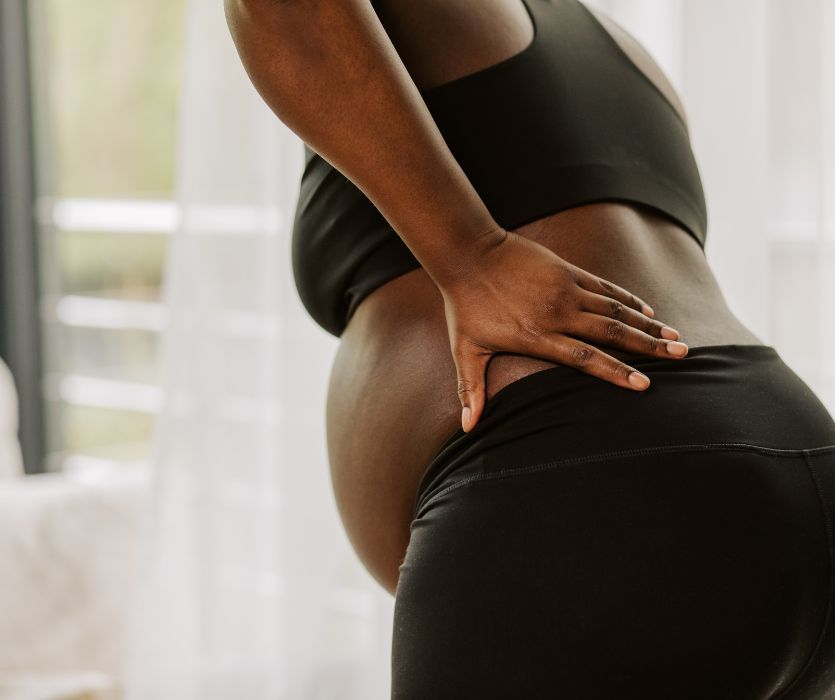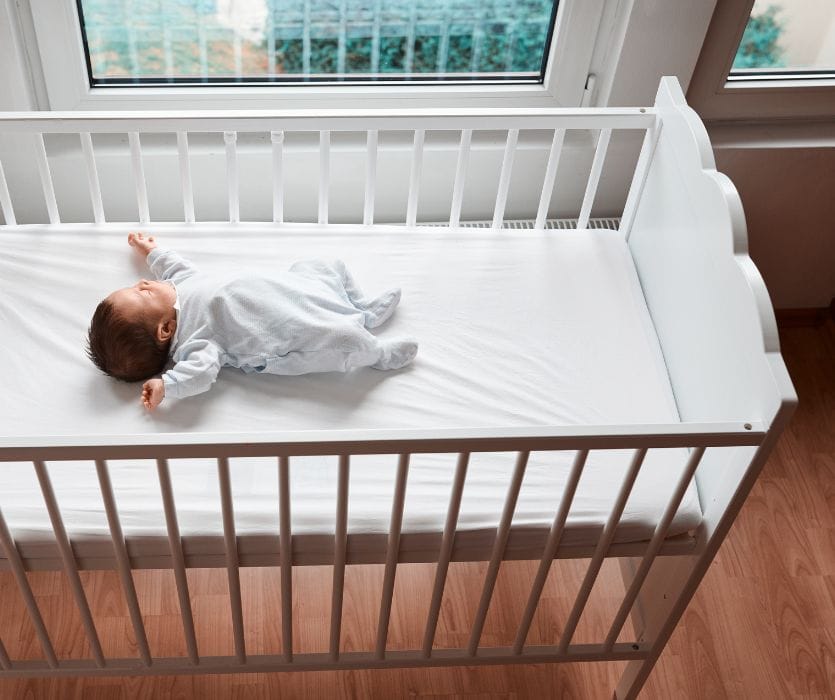When I was 29 weeks pregnant, I went to the bathroom and saw bright red blood gush into the toilet. Then it happened again. And again. Within the hour, I was being monitored at the hospital for a partial placental abruption – one of pregnancy's most terrifying complications.
Placental abruption occurs when your placenta starts pulling away from your uterine wall before delivery. It affects 0.5-1% of pregnancies and can range from mild to life-threatening. Here's what you need to know if it happens to you.
What Is Placental Abruption?
Your placenta is the unsung hero of pregnancy. While the umbilical cord gets all the credit for connecting baby to mother, the placenta does the heavy lifting—filtering toxins, providing oxygen, and feeding nutrients through that cord. When the placenta starts detaching from the uterine wall before your baby is born, it's called placental abruption.
The severity depends entirely on how much separates. A small corner lifting away is manageable. The entire thing detaching is a medical emergency.
Symptoms to Watch For
Call your provider immediately if you experience:
- Vaginal bleeding (the most common sign, though blood can be trapped behind the placenta and not visible)
- Sharp or constant abdominal pain
- Back pain
- Uterine tenderness or contractions
If bleeding is heavy, go directly to the hospital or call 911.
In my case, there was no mistaking it. The toilet water turned bright red within seconds. I called my midwife on the way to the hospital, where they confirmed a partial abruption.
Who's at Higher Risk?
Abruptions can happen without warning to anyone, and doctors don't fully understand why. However, certain factors increase your risk:
- Previous placental abruption
- Age 35 or older
- High blood pressure or preeclampsia
- Smoking or cocaine use during pregnancy
- Abdominal trauma (like a car accident)
- Carrying multiples
- Premature rupture of membranes
- Certain uterine abnormalities
I had two risk factors: I was over 35 and developed preeclampsia (though I didn't know it yet).
How It's Diagnosed
Here's the frustrating part: placental abruption is difficult to diagnose definitively. Sometimes it shows up on ultrasound, but often it's only confirmed after delivery when your provider inspects the placenta.
Diagnosis usually relies on your symptoms, physical exam, and continuous fetal monitoring to assess how your baby is tolerating the situation.
Treatment Options by Severity
Mild Abruption (most common)
When only a small portion detaches, you'll likely be hospitalized for monitoring—sometimes for several days. Expect some form of bed rest and ongoing surveillance to ensure it doesn't worsen. Mine fell into this category and resolved on its own.
Moderate Abruption
Your medical team will weigh the risks of continuing pregnancy against premature delivery. If you're far enough along, you'll receive steroid injections to mature your baby's lungs. Near full-term, immediate delivery is likely.
Severe Abruption
This is the pregnancy equivalent of shit hitting the fan. When the placenta detaches completely or nearly completely, it becomes life-threatening for both mother and baby. Your baby stops receiving oxygen and nutrients, and you risk massive hemorrhage as blood vessels tear.
Emergency delivery (usually by C-section) is the only option.
What to Expect: Outcomes and Prognosis
In developed countries with hospital access, maternal death from placental abruption is rare, though blood transfusions are sometimes necessary and hysterectomy is occasionally required.
The risks are higher for babies. In severe abruptions, fetal mortality reaches approximately 15% when accounting for both stillbirth and complications from premature delivery.
Most abruptions are mild, and most pregnancies affected by mild abruption continue without major complications.
My Silver Lining
The partial abruption that sent me to the hospital at 29 weeks may have saved my life. The bleeding got me medical attention, where doctors discovered I had preeclampsia – a potentially deadly condition that would have gone undiagnosed if I'd stayed home.
The abruption resolved. The preeclampsia required careful management and early delivery, but we both made it through.
What You Can Do
The hard truth about placental abruption is there's not much you can do to prevent it. It's one of those terrifying complications that happens seemingly at random.
What you can control:
- Manage blood pressure if you have hypertension
- Don't smoke or use drugs during pregnancy
- Wear your seatbelt correctly (lap belt under the belly, shoulder belt between breasts)
- Report any abdominal trauma to your provider immediately
- Know the symptoms and get help fast if they appear
If you experience bleeding during pregnancy – especially heavy bleeding – don't wait. Call your provider or get to a hospital. Fast response improves outcomes.
The Bottom Line
Placental abruption is genuinely scary shit. But it's also relatively uncommon, affecting about 1 in 100 pregnancies. Most cases are mild. Most resolve.
Still, pregnancy comes with risks we can't always control. Knowledge helps. Knowing what to watch for helps. Getting immediate care when something feels wrong helps.
And sometimes, even scary complications lead you to the care you desperately needed.
Rhiannon has been featured in The New York Times, The Washington Post, Parents, McSweeney's, TODAY.com, HuffPost, and more. She writes about mental health, parenting, and the surprisingly frequent moments where humor meets heartbreak.
Related: Scary Shit Series – Surviving Diagnosis Day




Leave a Comment